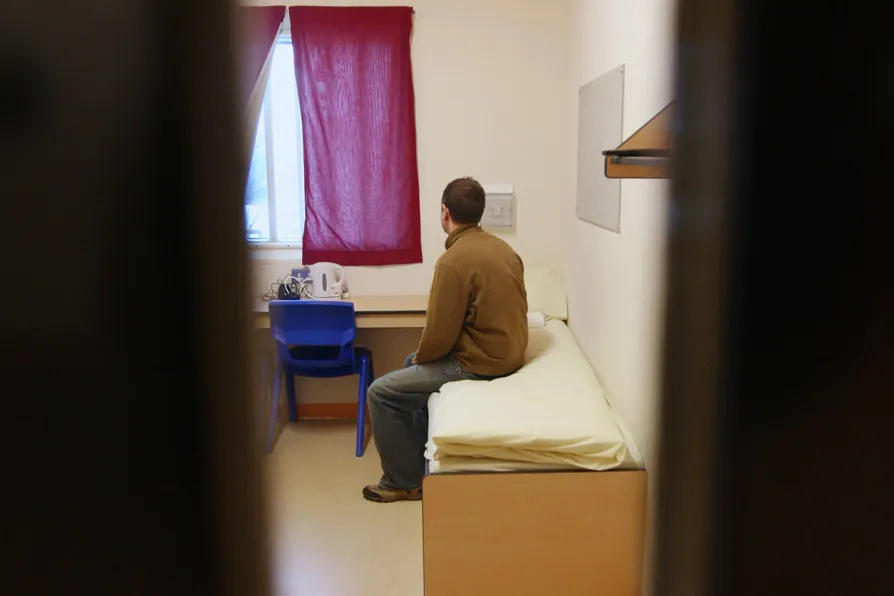
 An example of a detainee room on D Wing on the official opening of Brook House Immigration Removal Centre, next to Gatwick Airport in West Sussex
An example of a detainee room on D Wing on the official opening of Brook House Immigration Removal Centre, next to Gatwick Airport in West Sussex
A SCANDAL-hit detention centre where vulnerable men were subjected to a “shocking pattern of inhumane and degrading treatment” should shut down, a public inquiry has been told.
Stephanie Harrison QC, representing former detainees held at Brook House, near Gatwick, called on inquiry chair Kate Eves to follow the conclusions of inspectors that the site was an inappropriate environment for detainees.
“This inquiry should conclude that Brook House must not be used as an [immigration removal centre] going forward,” she said in her closing statement to the inquiry on Tuesday.

As the cover-ups collapse, IAN SINCLAIR looks at the shocking testimony from British forces who would ‘go in and shoot everyone sleeping there’ during night raids — illegal, systematic murder spawned by an illegal invasion













